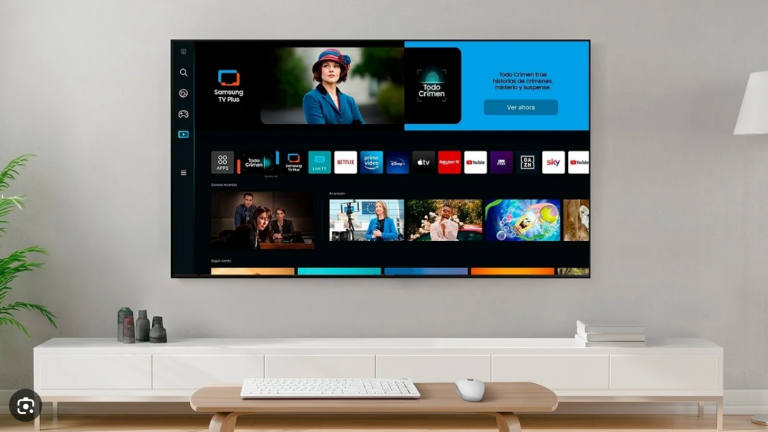
In the ever-evolving landscape of television broadcasting, scheduling plays a pivotal role in organizing and presenting content to viewers. With the advent of Internet Protocol Television (IPTV), scheduling has evolved to meet the demands of an increasingly digital and on-demand audience. This article explores the evolution of IPTV schedule, its impact on viewer experience, and how options like Xtream IPTV and IPTV players have revolutionized content management for broadcasters and providers.
Understanding IPTV Scheduling
IPTV scheduling refers to the process of organizing and planning the broadcast of television programs over an internet protocol network. Unlike traditional television broadcasting, which relies on fixed schedules, IPTV schedule offers greater flexibility and interactivity, allowing viewers to access content when and where they choose.
Evolution of IPTV Schedule
- Traditional TV Scheduling: In the early days of television, scheduling was rigid, with broadcasters determining the timing of programs and viewers having to tune in at specific times to watch their favorite shows.
- Digital TV and On-Demand Services: With the advent of digital television and on-demand services, scheduling became more flexible, allowing viewers to watch programs at their convenience. However, these services still required users to select programs from a list of available options.
- IPTV Scheduling: IPTV takes scheduling to the next level by offering a more personalized and interactive experience. Viewers can access an electronic program guide (EPG) that provides information about upcoming programs and allows them to select and record shows for later viewing. IPTV also allows for the integration of interactive features, such as voting and feedback, enhancing the viewer experience.
Impact on Viewer Experience with Xtream IPTV
Xtream IPTV is a popular IPTV service that offers a range of features to enhance the viewer experience. With Xtream IPTV, viewers can access a wide variety of channels and programs, including live TV, on-demand content, and exclusive programming. The service also offers a user-friendly interface that makes it easy to navigate and find the content they want to watch.
Integrating IPTV Player Options
IPTV player options, such as those found on Reddit, offer additional functionality and customization for viewers. These players allow users to customize their viewing experience, such as adjusting the playback speed, adding subtitles, and accessing additional features like picture-in-picture mode.
Revolutionizing Content Management
For broadcasters and content providers, IPTV scheduling has revolutionized content management:
- Flexibility: IPTV allows broadcasters to easily adjust schedules and programming based on viewer feedback and changing trends.
- Efficiency: IPTV scheduling systems automate many aspects of content management, reducing the need for manual intervention and streamlining operations.
- Monetization: IPTV enables broadcasters to monetize their content more effectively through targeted advertising and subscription services.

Conclusion
In conclusion, the evolution of IPTV scheduling has led to a paradigm shift in the television broadcasting industry, significantly enhancing the viewer experience and revolutionizing content management practices. With the introduction of advanced technologies and platforms like Xtream IPTV and IPTV players, viewers now have unprecedented control over their viewing habits, allowing them to access a vast array of content at their convenience.
One of the key advantages of IPTV schedule is its flexibility, which allows broadcasters to tailor their programming to suit the preferences of their audience. This flexibility extends to viewers, who can now watch their favorite programs whenever and wherever they choose, without being tied to traditional broadcast schedules. Additionally, IPTV schedule has made it easier for broadcasters to experiment with new formats and content, leading to a more diverse and engaging television landscape.
Furthermore, IPTV scheduling has significantly improved content management practices for broadcasters and content providers. By automating many aspects of scheduling and distribution, IPTV has streamlined operations, reduced costs, and improved efficiency. This has enabled broadcasters to deliver higher-quality content to viewers, while also opening up new revenue streams through targeted advertising and subscription services.
As IPTV continues to evolve, it is likely that scheduling will play an increasingly important role in shaping the future of television broadcasting. With advancements in technology and changing viewing habits, IPTV scheduling will continue to adapt, offering viewers even more personalized and engaging viewing experiences.
In conclusion, IPTV schedule has transformed television broadcasting, offering viewers more choice, flexibility, and control over their viewing experience. As technology continues to advance, the possibilities for IPTV schedule are endless, promising an exciting future for television enthusiasts around the world.